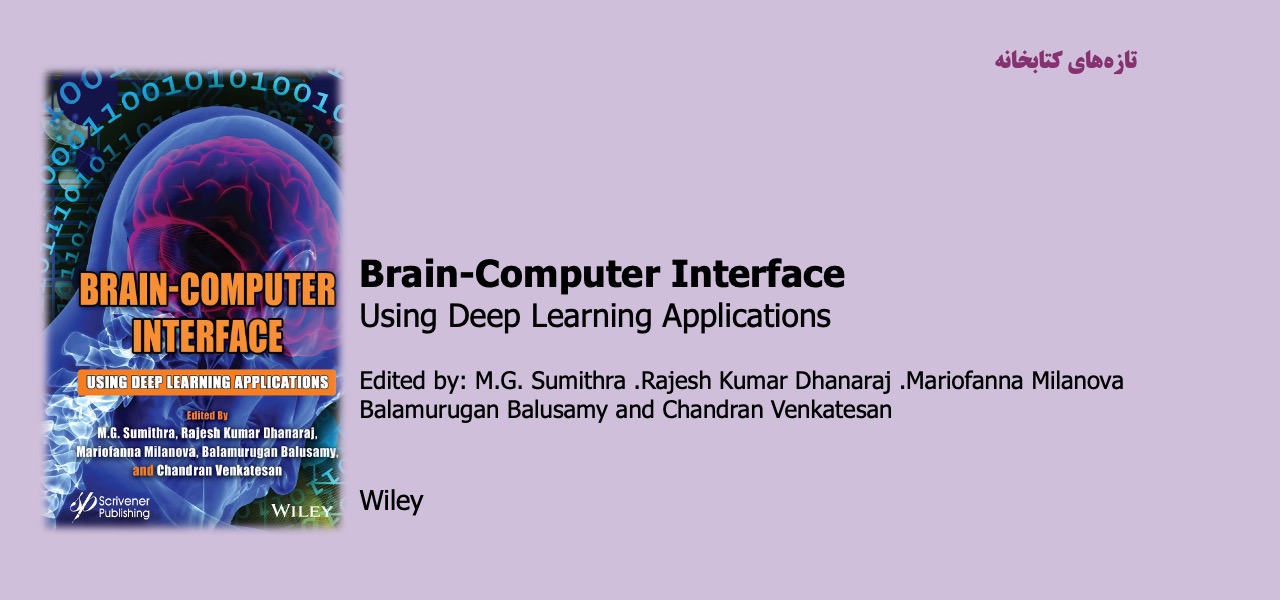Brain-Computer Interface

Using Deep Learning Applications
The brain-computer interface (BCI) is an emerging technology that is developing to be more functional in practice. The aim is to establish, through experiences with electronic devices, a communication channel bridging the human neural networks within the brain to the external world. For example, creating communication or control applications for locked-in patients who have no control over their bodies will be one such use. Recently, from communication to marketing, recovery, care, mental state monitoring, and entertainment, the possible application areas have been expanding. Machine learning algorithms have advanced BCI technology in the last few decades, and in the sense of classification accuracy, performance standards have been greatly improved. For BCI to be effective in the real world, however, some problems remain to be solved.
Research focusing on deep learning is anticipated to bring solutions in this regard. Deep learning has been applied in various fields such as computer vision and natural language processing, along with BCI growth, outperforming conventional approaches to machine learning. As a result, a significant number of researchers have shown interest in deep learning in engineering, technology, and other industries; convolutional neural network (CNN), recurrent neural network (RNN), and generative adversarial network (GAN).
مطالب مرتبط

Your Brain at Work
۱۴ / فروردین / ۱۴۰۲

Brain Informatics
۱۴ / فروردین / ۱۴۰۲

اصول اخلاقی برنامههای توانبخشی شناختی انسان
۱۴ / فروردین / ۱۴۰۲

